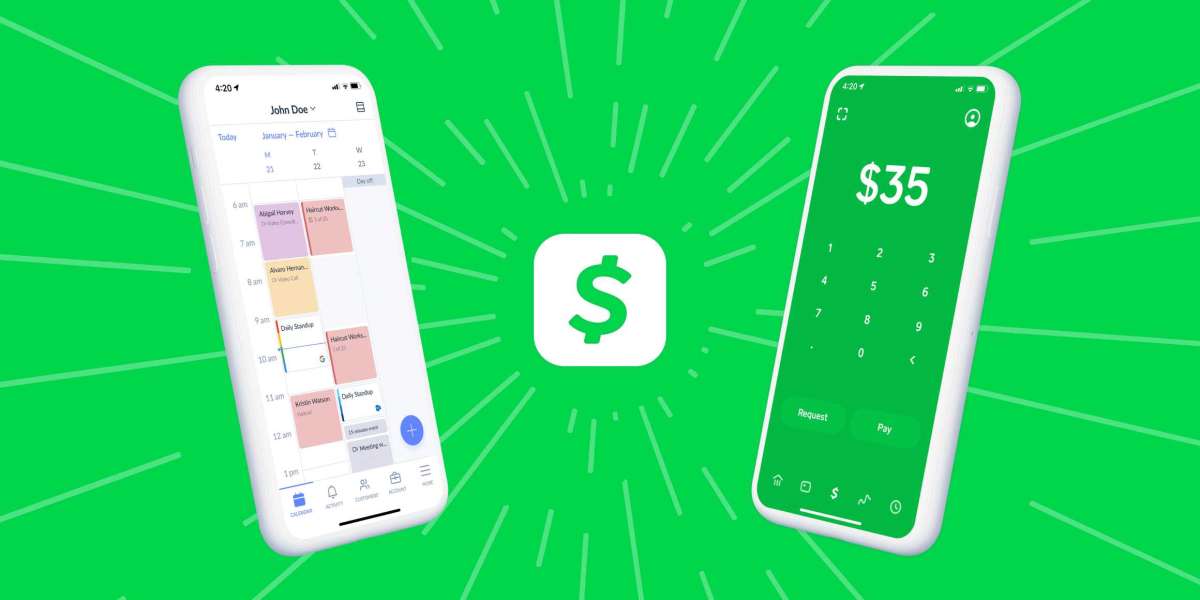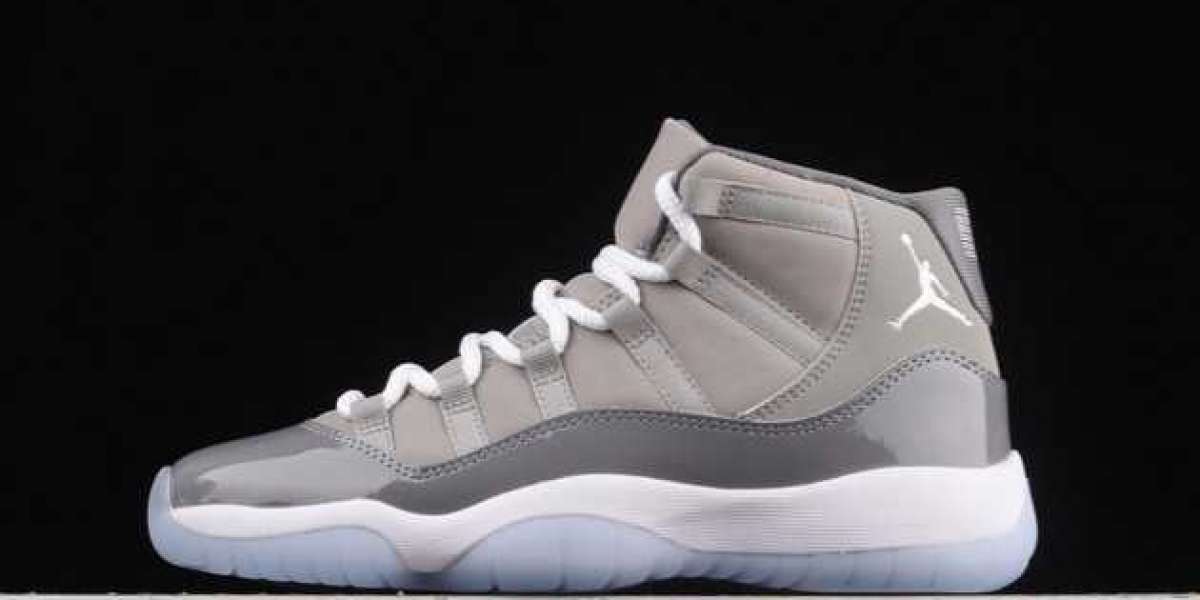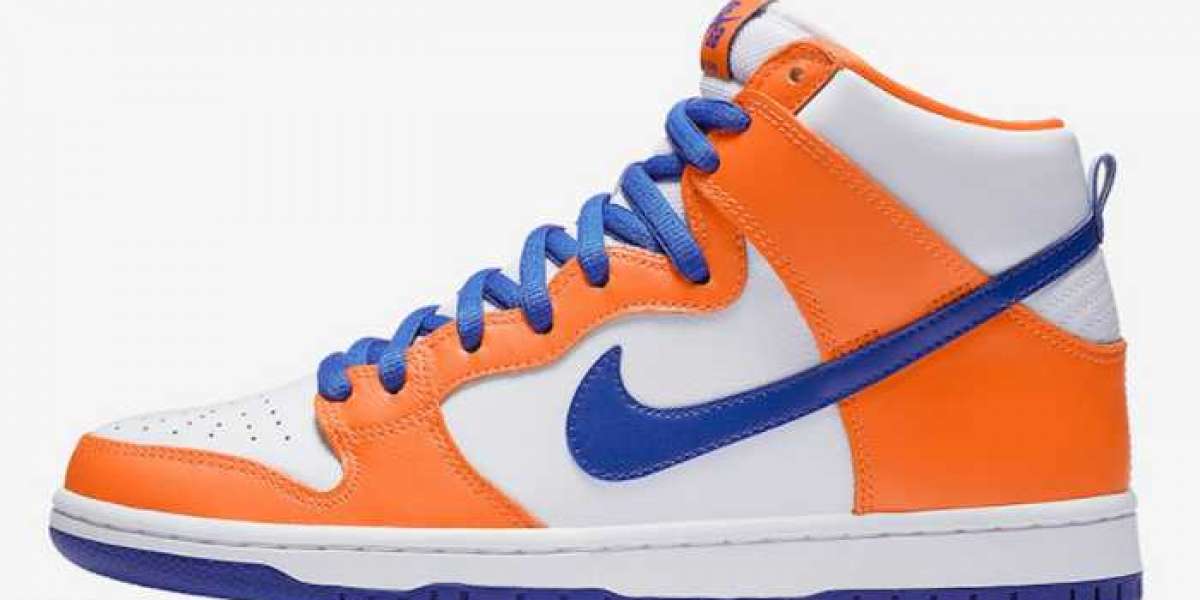The first approval for atomoxetine was in 1998 under Strattera (atomoxetine). The FDA approved it as an add-on therapy for adults with ADHD or bipolar disorder who were not responding adequately to stimulant medications or had failed previous treatments. It is also a maintenance treatment when combined with psychotherapy or behaviour modification therapy (CBT) for adults with ADHD or bipolar I disorder who have not responded adequately to previous treatment with another stimulant medication.
Half of all people with depression are also obese and suffer from food addiction.
Depression is a common problem, and it's not just for women. More than one in three Americans suffer from depression at some point. Some people with depression also have obesity problems, which can make them feel depressed even more.
Depression and food addiction are linked because they affect the same parts of the brain: the reward centre, which controls emotions like happiness and sadness, and our ability to control ourselves when eating unhealthy foods or overeating.
There is a link between depression and obesity.
Depression is more common in obese people than it is in non-obese people.
Depressed individuals are also more likely to be obese as well.
A new study shows that the combination of atomoxetine, a medication for ADHD, and counselling reduces depression and stops weight gain in food addicts.
A new study shows that the combination of atomoxetine, a medication for ADHD, and counselling reduces depression and stops weight gain in food addicts.
Buy Atomoxetine 10mg Online is an antidepressant that may be an important treatment for obesity and depression. However, it has not been tested in food addiction until now.
The researchers wanted to know whether atomoxetine would help people with obesity or alcohol dependence who were also struggling with food addiction—and if so, how much it would help them.
The study involved 32 people in two groups: one took either placebo pills or 20 mg of atomoxetine every day; the other took 20 mg at night before bedtime for four weeks (most psychiatrists recommend using antidepressants). Both groups also attended weekly behavioural therapy sessions where they talked about their eating habits and learned how to manage cravings without overeating or to eat unhealthy foods.
Atomoxetine may be an important treatment for obesity and depression.
Atomoxetine may be an important treatment for obesity and depression.
Atomoxetine is a drug used to treat ADHD and depression. It increases the levels of noradrenaline (norepinephrine) in the brain, which helps with attention, focus, memory and other cognitive functions.
It also appears to have antidepressant effects on people who have anxiety or low self-esteem as it reduces symptoms of irritability, agitation and difficulty concentrating. It makes atomoxetine useful for treating some cases of Binge Eating Disorder (BED), when you eat large amounts of food without feeling full after eating them – similar to what happens when someone has "binge eating disorder" without having been diagnosed with this condition before but who still eats excessively at times – although there are no clinical trials yet looking at whether taking atomoxetine could help reduce binge eating disorder symptoms overall or improve weight loss results compared with placebo treatment alone.
Conclusion
The researchers concluded that this medication should be studied in larger, more rigorous trials. However, it is still too early to tell whether the drug can help obese people reduce their weight or if it will be effective when prescribed by doctors only once every three weeks. In addition, we don't know if other types of depression respond better than others when combined with atomoxetine treatment. We also don't know how well combination therapy works when given alone rather than combined therapy because no research has yet been done on these topics!








